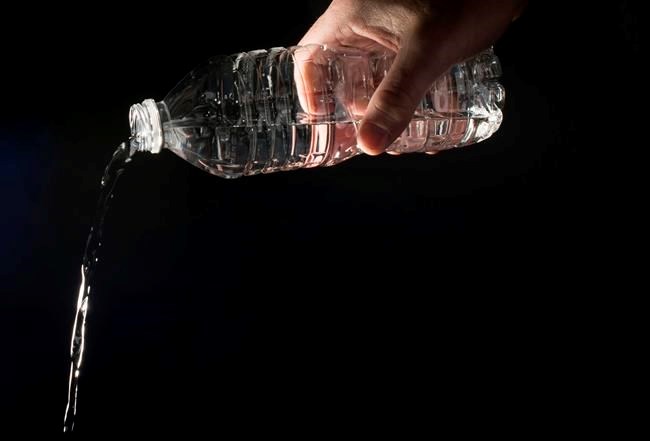WASHINGTON, Wash. — Canada's proposed ban on single-use plastics may not run afoul of its trade deal with the United States and Mexico, but experts suggest it disregards the "pause-and-check" spirit of the agreement.
The Washington-based Plastics Industry Association added its voice this week to a chorus of complaints about the proposal, which would classify certain manufactured plastic items, including straws and carry-out bags, as "toxic substances" under the Canadian Environmental Protection Act.
"By designating plastics as 'toxic,' the Canadian government is recklessly making policy that could have significant negative impacts on human health," association president Tony Radoszewski said in a statement.
"Simply put, the single-use plastic items we use every day are not toxic, but in fact are life-saving."
The association echoed concerns raised last month by the U.S.-based Vinyl Institute that the proposal could "undermine" the U.S.-Mexico-Canada Agreement, which took effect in July.
Trade lawyers and Environment Minister Jonathan Wilkinson were quick to disagree Wednesday when the proposal was unveiled.
"I think those concerns that are being expressed are simply wrong," Wilkinson said.
"This proposal is really focused on ensuring that all products, whether they're manufactured here or elsewhere, are treated in the same way. I do not see a trade concern."
The agreement that replaced NAFTA, known as the USMCA in the U.S. and CUSMA in Canada, includes standard exceptions for "environmental measures necessary to protect human, animal, or plant life or health," and "measures relating to the conservation of living and non-living exhaustible natural resources."
However, it also reflects a spirit of mutual co-operation that argues for consulting one's partners before imposing new restrictions, said Dan Ujczo, a trade lawyer in Ohio who specializes in Canada-U. S. matters.
"This is a tough case to make under USMCA because (of) the health, safety and environmental exceptions," Ujczo said.
But Chapter 12 of the deal includes commitments, "at least in spirit," that oblige the three partners to "pause and check with the other" when planning measures affecting a range of materials, including chemicals and plastics, he added.
It's reflective of the efforts Canada and the U.S. began in 2011 under the Regulatory Co-operation Council, which was aimed at aligning rules and safety standards for identical products on opposite sides of the border.
"What we're trying to get to in Canada-U. S. is what every two-parent household learns very early on in their child's life," said Ujczo.
"Before you say 'Yes,' you check with the other parent to see, because usually the kids know how to play one off the other."
Canada takes its obligations under the USMCA "very seriously," said Youmy Han, press secretary for International Trade Minister Mary Ng.
"Our work to ban single use plastics will respect all our commitments in the new NAFTA," Han said in a statement.
"As per our government's approach to trade, the new NAFTA in no way prevents Canada from taking strong action to protect the environment."
The Vinyl Institute's complaint, which predated Wednesday's announcement by several weeks and was based on Liberal government campaign promises, was also included in a Sept. 11 letter to U.S. Trade Representative Robert Lighthizer.
A spokesperson for the Plastics Industry Association would not say whether Radoszewski raised the matter with Lighthizer. The USTR did not respond to media queries.
In the Trump era, the political landscape always plays a role. With less than a month to go before the U.S. election, there is striking alignment between the plastics industry and the president's electoral interests.
Outside of solidly Democratic California, the list of states with the largest number of Americans who work in plastics reads like turn-by-turn directions to the White House: Ohio, Texas, Michigan and Pennsylvania.
That said, Ujczo ⏤ describing the Great Lakes region as a global hub for polymers, plastics and chemicals ⏤ said there's not likely much traction in places like Ohio for any action before voters head to in-person polls next month.
"The concern is not the measure itself. It's the timing and tempo of it," he said.
"As much as it's true that this is an issue here, it's not going to resonate. There's no oxygen for an issue like this leading up to Nov. 3."
This report by The Canadian Press was first published Oct. 10, 2020.
James McCarten, The Canadian Press

